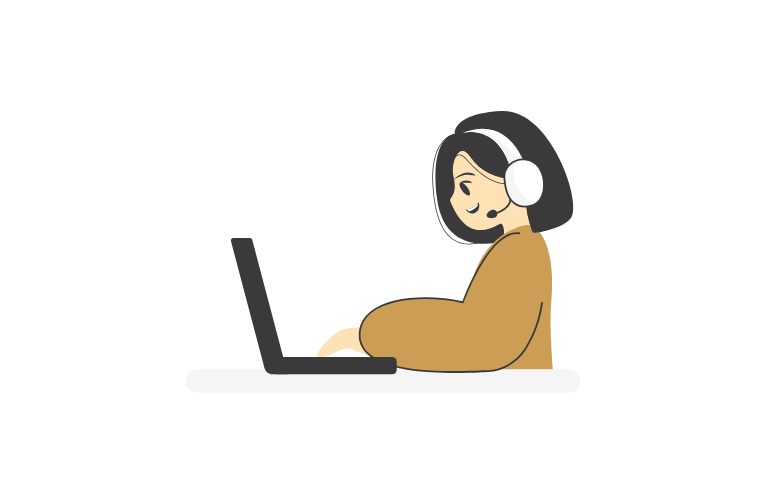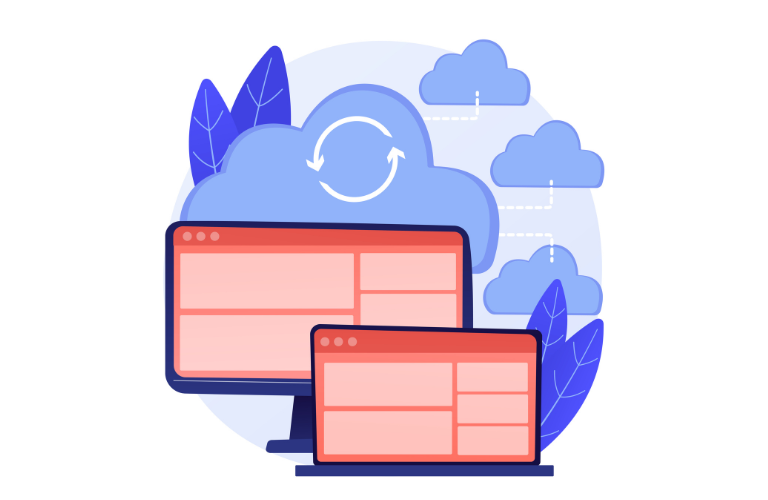Running multiple PHP versions on Ubuntu 22.04 is essential for developers working with different projects that require specific PHP versions. This comprehensive guide will walk you through the process of installing, configuring, and managing multiple PHP versions alongside Composer on Ubuntu 22.04.
Prerequisites
- Ubuntu 22.04 LTS (Jammy Jellyfish)
- Root or sudo access
- Basic command line knowledge
Adding the PHP Repository
First, let’s add the repository that will allow us to install multiple PHP versions:
sudo apt update
sudo apt install software-properties-common
sudo add-apt-repository ppa:ondrej/php
sudo apt updateInstalling Multiple PHP Versions
You can install different PHP versions side by side. Here’s how to install PHP 7.4, 8.0, and 8.1:
sudo apt install php7.4-fpm php7.4-cli php7.4-common
sudo apt install php8.0-fpm php8.0-cli php8.0-common
sudo apt install php8.1-fpm php8.1-cli php8.1-commonInstalling Common Extensions
For each PHP version, you might need these commonly used extensions:
sudo apt install php7.4-{mbstring,xml,curl,mysql,zip}
sudo apt install php8.0-{mbstring,xml,curl,mysql,zip}
sudo apt install php8.1-{mbstring,xml,curl,mysql,zip}Managing PHP Versions
Creating Easy PHP Version Switching Alias
The most convenient way to switch between PHP versions is to use the interactive selection menu. Add this alias to your .bashrc:
# Open .bashrc file
nano ~/.bashrc
# Add this alias
alias changephp="sudo update-alternatives --config php"
# Save and reload .bashrc
source ~/.bashrcNow you can simply type changephp in the terminal, and you’ll see an interactive menu like this:
Selection Path Priority Status
------------------------------------------------------------
* 0 /usr/bin/php8.1 81 auto mode
1 /usr/bin/php7.4 74 manual mode
2 /usr/bin/php8.0 80 manual mode
3 /usr/bin/php8.1 81 manual modePress enter to keep the current choice[*], or type selection number:
Just enter the number of the PHP version you want to use and press Enter. The system will automatically switch to that version.
To verify the current PHP version after switching:
php -vManaging Composer Versions
Installing Composer
Install the latest version of Composer:
curl -sS https://getcomposer.org/installer | sudo php -- --install-dir=/usr/local/bin --filename=composerInstalling Multiple Composer Versions
To manage multiple Composer versions:
1. Create a directory for different versions:
mkdir -p ~/composer-versions2. Download specific Composer versions:
# For Composer 1.x
php -r "copy('https://getcomposer.org/download/1.10.26/composer.phar', 'composer1');"
# For Composer 2.x
php -r "copy('https://getcomposer.org/download/2.6.4/composer.phar', 'composer2');"3. Set up aliases in your .bashrc:
# Run in your terminal
echo 'alias composer1="php ~/composer-versions/composer1"' >> ~/.bashrc
echo 'alias composer2="php ~/composer-versions/composer2"' >> ~/.bashrc
#reload .bashrc
source ~/.bashrcConfiguring PHP-FPM Pools (Additional)
For web servers, configure PHP-FPM pools for different PHP versions:
1. Edit the PHP-FPM pool configuration:
sudo nano /etc/php/7.4/fpm/pool.d/www.conf
sudo nano /etc/php/8.0/fpm/pool.d/www.conf
sudo nano /etc/php/8.1/fpm/pool.d/www.conf2. Ensure different ports for each version:
listen = 127.0.0.1:7440 # for PHP 7.4
listen = 127.0.0.1:8000 # for PHP 8.0
listen = 127.0.0.1:8110 # for PHP 8.1Verifying Your Setup
Check PHP version:
php -vVerify Composer installations:
composer --version
composer1 --version
composer2 --versionTroubleshooting Common Issues
1. PHP modules not found:
sudo apt install php{version}-{module_name}2. Composer memory issues:
COMPOSER_MEMORY_LIMIT=-1 composer update3. PHP-FPM service conflicts:
sudo systemctl status php7.4-fpm
sudo systemctl status php8.0-fpm
sudo systemctl status php8.1-fpmConclusion
Managing multiple PHP versions and Composer on Ubuntu 22.04 requires careful configuration but provides the flexibility needed for modern PHP development. With the changephp alias, switching between PHP versions becomes a simple, interactive process. Regular maintenance and updates are essential to keep your development environment secure and efficient.
For production environments, always ensure you’re using stable versions and maintain proper security practices. Consider using version control for your PHP configurations to track changes and maintain consistency across different environments.
Frequently Asked Questions
1. Why do I need multiple PHP versions on my system?
Multiple PHP versions are necessary when you’re working with different projects that have varying requirements. For example, you might have an older project that runs on PHP 7.4 while developing a new project using PHP 8.1. Having multiple versions installed allows you to switch between them as needed without breaking your applications. This is particularly useful for developers maintaining legacy applications while also working on modern projects.
2. What’s the difference between PHP-FPM and PHP-CLI?
PHP-FPM (FastCGI Process Manager) is used for web servers and handles web requests, while PHP-CLI (Command Line Interface) is used for running PHP scripts from the command line. PHP-FPM is optimized for web applications and handles multiple requests simultaneously, whereas PHP-CLI is designed for running scripts, tasks, and command-line applications. They can have different configurations optimized for their specific uses.
3. Why is Composer showing different behavior with different PHP versions?
Composer behavior varies between versions because each Composer version is designed to work optimally with specific PHP versions. Composer 1.x works best with PHP 5.3 through 7.x, while Composer 2.x is optimized for PHP 7.2 and above. Additionally, different Composer versions handle dependencies differently, which can affect package installation and compatibility. This is why it’s important to use the appropriate Composer version for your PHP version.
4. Is it safe to have multiple PHP versions installed simultaneously?
Yes, it’s completely safe to have multiple PHP versions installed on the same system. Ubuntu’s package management system ensures that different PHP versions don’t conflict with each other. Each version is installed in its own directory with its own configuration files. The key is to properly manage which version is being used for specific applications or projects using the appropriate configuration tools.
5. Why does my PHP application behave differently on Ubuntu compared to other operating systems?
PHP behavior can vary across operating systems due to differences in:
- File system permissions and ownership
- Directory structure and path handling
- Default configuration settings
- Available extensions and their implementations
- System resource management These differences are normal and can be addressed through proper configuration and environment setup.
6. Should I use the latest PHP version for all my projects?
Not necessarily. While newer PHP versions offer improved performance and features, you should choose your PHP version based on:
- Project requirements and compatibility
- Framework version requirements
- Hosting environment constraints
- Third-party package compatibility
- Security update availability
- Team expertise and development workflow




